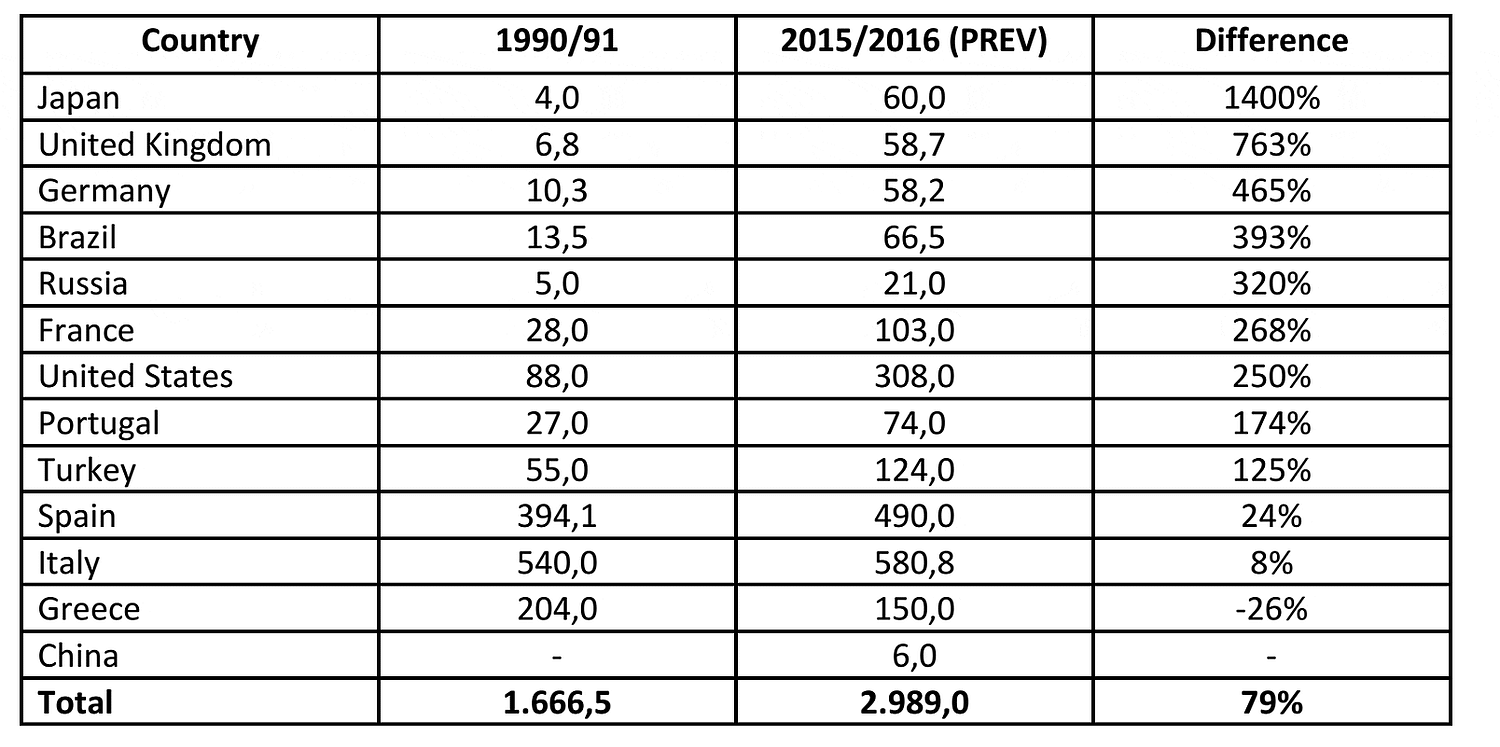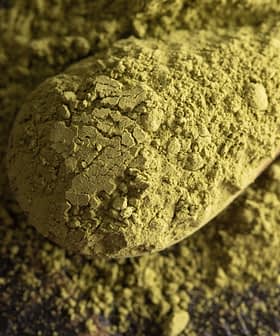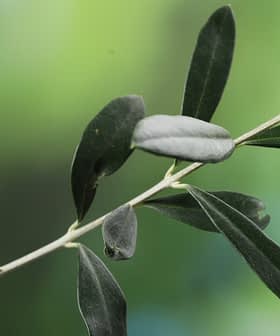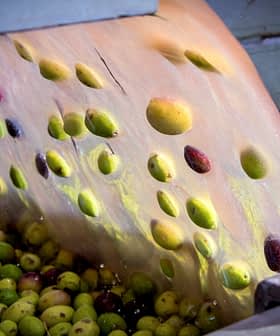World Olive Oil Consumption Increased by 73 Percent Over a Generation
Global consumption of olive oil has almost doubled over the last 25 years, reaching a record 3,295,911 tons in 2015, with Italy leading the list of consumers. The increase in demand is attributed to changing dietary styles in major markets and the health benefits associated with olive oil consumption.
Global consumption of olive oil has almost doubled over the last 25 years with a jump of 73 percent, according to a report by the Italian farmers’ group Coldiretti.
World olive oil consumption in 2015 was pegged at a record 3,295,911 tons in the report. Italy led the list of consumers with 640,443 tons, followed by Spain with 540,133 tons and the United States, which consumed 339,512 tons — a 250 percent increase over 25 years ago.
People in major markets changed their dietary style, according to the evaluation. In Japan, last year’s consumption of 66,139 tons represented a 1,400 percent increase over the 25-year period, while the UK and Germany each consumed around 65,000 tons, an increase of 763 percent and 465 percent, respectively.
Something nearing a diet revolution is credited in the recent upsurge of olive oil adoption in countries like Brazil, where the 25-year increase was nearly four-fold to 73,304 tons. In Russia the growth was three-fold in 25 years to about 23,149 tons, and in France consumption exceeded 113,538 tons representing an increase of 268 percent.
The situation is very different in traditional consumer countries like Italy where, over the last 25 years, consumption has remained almost flat, with a modest 8 percent expansion. Spain registered growth of 24 percent over the term, while Greece had a surprising 26 percent drop.
The growth in global demand for olive oil has been powered in part by the health benefits associated with the consumption of olive oil.
World Olive Oil Consumption (in thousands of metric tons)

The farmers’ group said there remained promising opportunity for producers in Italy who exported almost 352,740 tons of olive oil last year, of which about 110,000 tons went to the United States.
However, Italian olive oil exports fell by 16 percent over the previous year due in part to a significant decline in the United States, the main non-EU market for Italy. Coldiretti sees the drop as a sign that encourages a strong demand for transparency about the origin of olive oil sold by key players in the Italian olive oil sector.
“With a view to seizing the opportunities disclosed for the product symbol of Made in Italy and the Mediterranean diet, we have to tighten the legislation with the full implementation of the rules that have been introduced with the “saves oil” law, (n. 9/2013), from controls for sensory evaluation to the import arrangements to check the quality of incoming products,” said the president of Coldiretti, Roberto Moncalvo.
“Credibility is the key to succeeding in international markets, where new and aggressive competitors appear that must be faced with a renewed commitment at the level of environmental, social and economic sustainability,” he added.
Italy boasts an estimated 250 million olive trees, 533 varieties of olives and 43 origins protected by the European Union. Olive oil turnover jumped up to a record of €3 billion in 2015, Coldiretti sai, more than half from exports.









